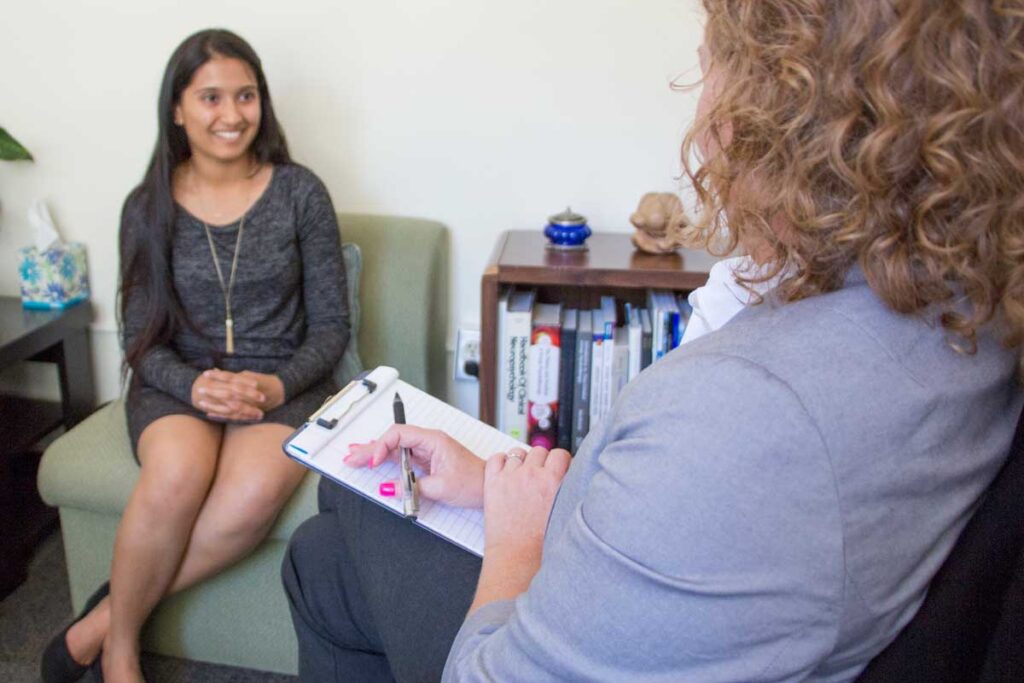Positive Feedback Loops Building Resilience in Teens’ Lives
Resilience is a vital trait that helps individuals navigate the complexities of life, and for teenagers, it is especially crucial. Adolescence is a time of growth, exploration, and sometimes, significant challenges. A powerful tool for fostering resilience is the creation of positive feedback loops interactions and habits that reinforce confidence, adaptability, and well-being. These loops, formed through intentional practices and supportive environments, empower teens to face setbacks with determination and bounce back stronger. One of the foundational aspects of positive feedback loops is self-efficacy the belief in one’s ability to succeed. When teens experience success, no matter how small, it builds their confidence. For instance, a teen who sets a goal to improve their performance in a specific area, such as academics or sports, and sees progress, experiences a boost in self-esteem. This success reinforces their belief that effort leads to results, encouraging them to take on new challenges. Over time, this repeated cycle of effort and achievement creates a self-sustaining loop of motivation and resilience.

Another critical component is the role of supportive relationships. When teens are surrounded by peers, mentors, and family members who provide encouragement and constructive feedback, it fosters a sense of belonging and security. These connections create a safe space where teens feel valued and understood, enabling them to share their struggles without fear of judgment. Positive interactions, such as being praised for perseverance or guided through problem-solving, reinforce the idea that they are capable and supported. This affirmation strengthens their ability to tackle challenges and maintain emotional stability during tough times. Healthy routines also play a significant role in creating positive feedback loops. Physical activities, for instance, not only improve physical health but also enhance mood and reduce stress through the release of endorphins. When teens experience these benefits, they are more likely to continue engaging in such activities, creating a reinforcing loop of well-being. Similarly, mindfulness practices like meditation or journaling can help teens manage stress and gain clarity, further reinforcing a sense of control and resilience.
Academic and extracurricular pursuits often provide fertile ground for building resilience. When teens invest time and effort into learning new skills or pursuing creative projects, they encounter challenges that test their limits. Overcoming these obstacles, with the guidance of mentors or through self-discovery, teaches valuable lessons in perseverance. Each success reinforces their belief in their ability to grow, creating a cycle of continuous improvement and adaptability with Avery’s House Arizona. However, it is also important to acknowledge that building resilience through positive feedback loops requires consistency and patience. Teens need opportunities to fail and recover, as this is where the most profound growth occurs. Supportive environments that encourage reflection and learning from mistakes are essential for maintaining the momentum of these loops. In today’s fast-paced and sometimes overwhelming world, fostering resilience in teens is more important than ever. Positive feedback loops, rooted in self-efficacy, supportive relationships, healthy routines, and growth-oriented experiences, provide a sustainable pathway for teens to build confidence and thrive.